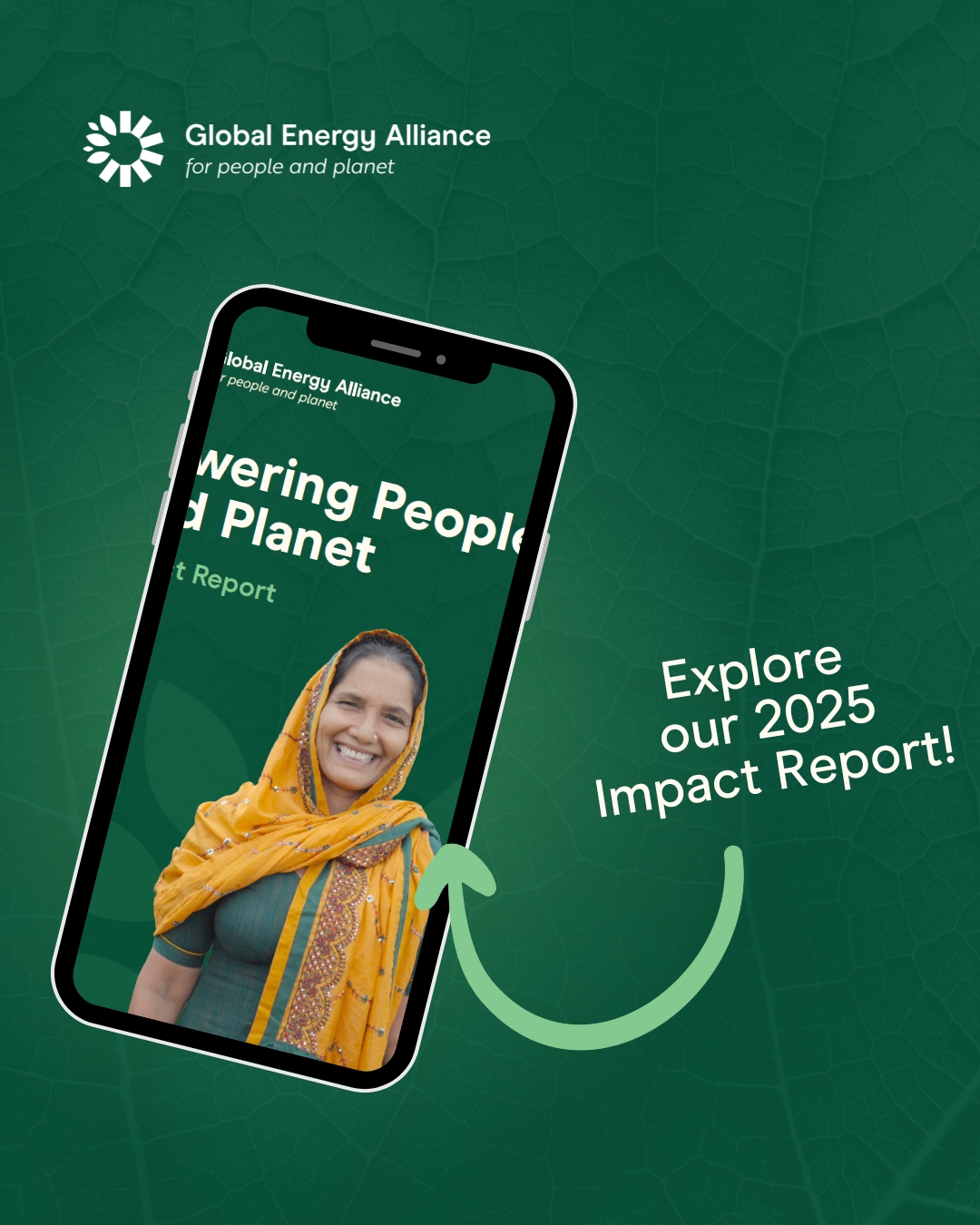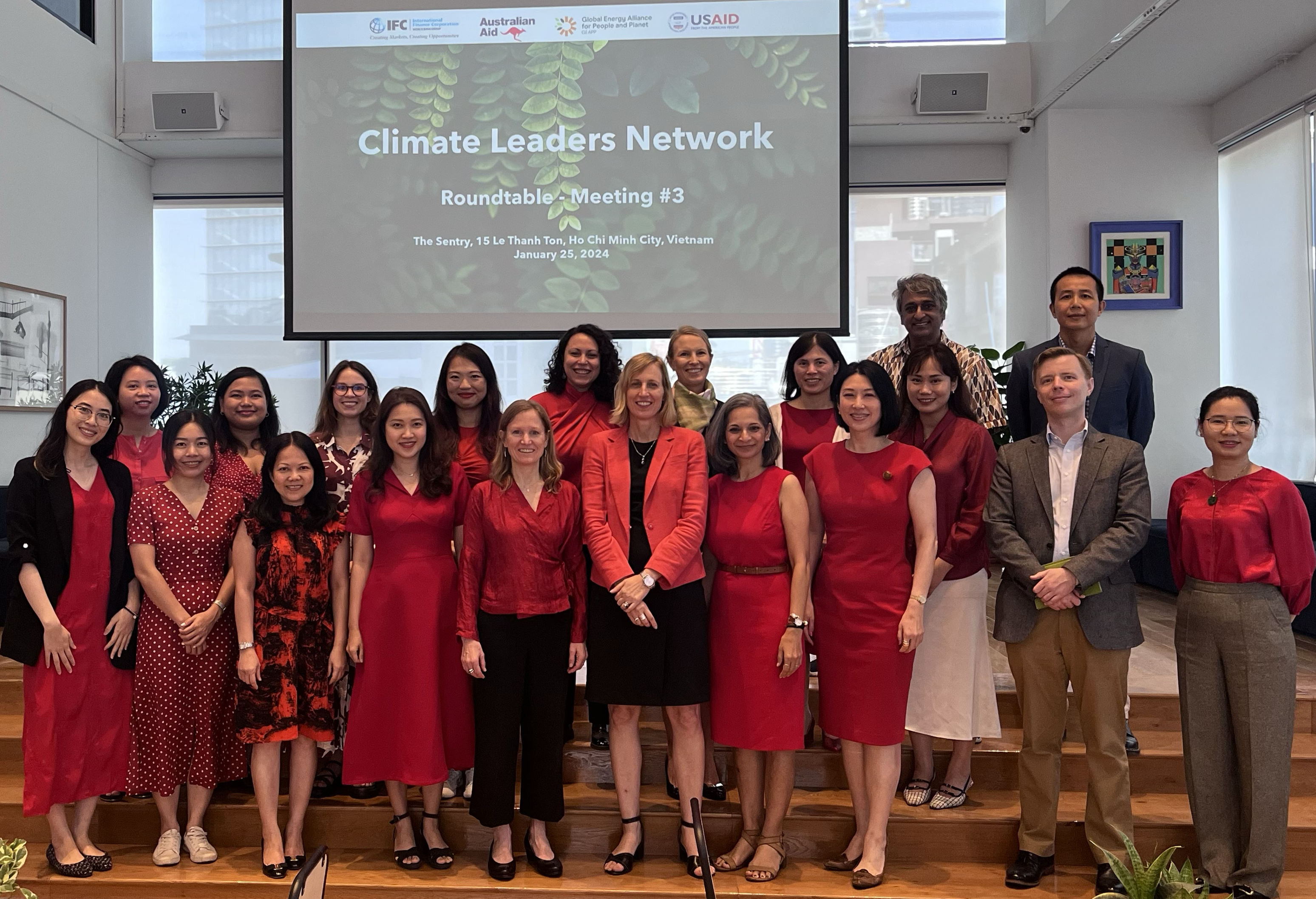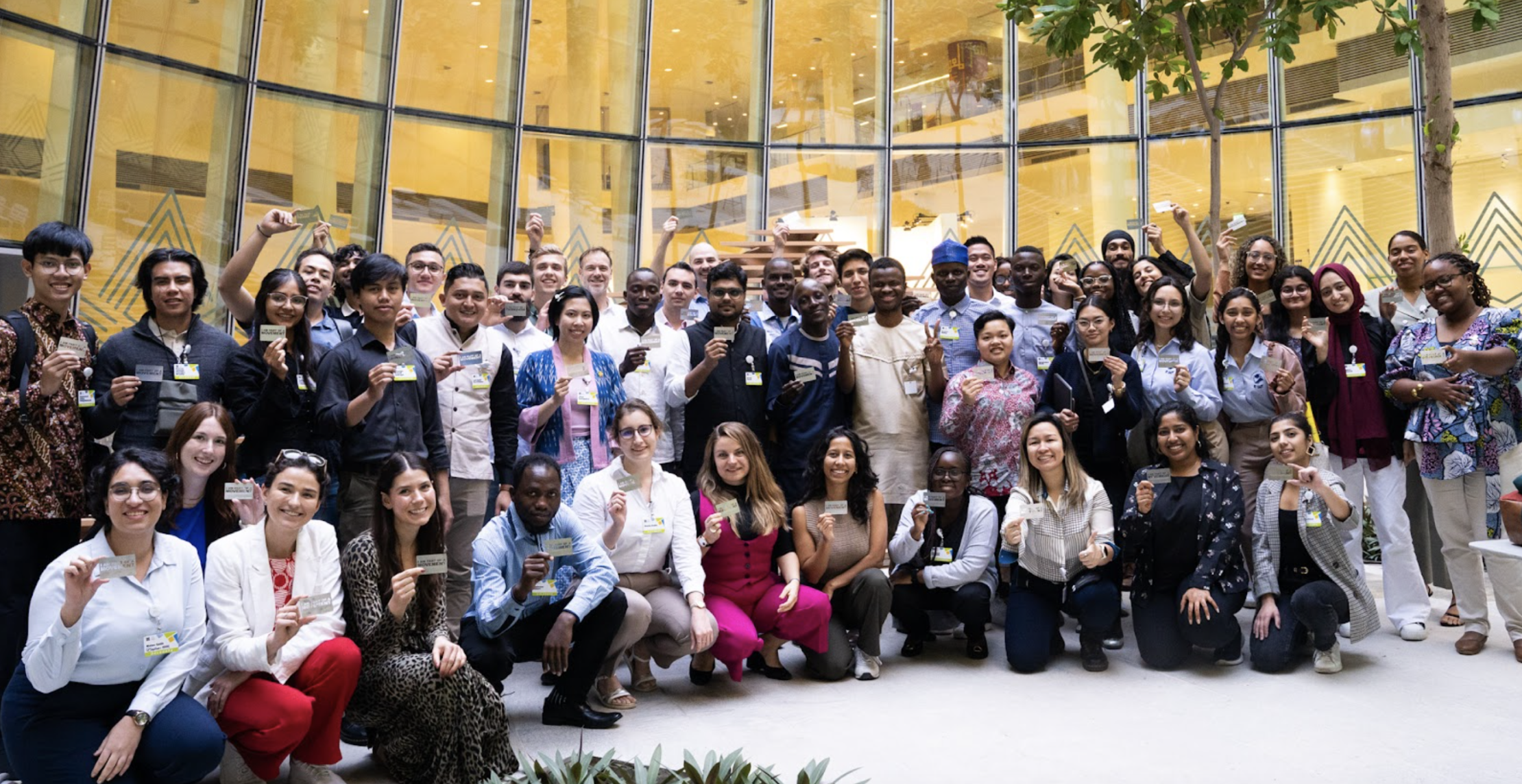GLC Spring 2024 Update: GEAPP Leadership Council on Track to Meet 2024 Goals

30 April 2024 — Today, the Global Energy Alliance for People and Planet (GEAPP) Leadership Council (GLC) convened to advance its two signature initiatives—the Battery Energy Storage Systems (BESS) Consortium and Distributed Renewable Energy (DRE) Scale-Up Initiative—and to outline future ambitions. This high-level coalition of global leaders, co-chaired by Jonas Gahr Støre, Prime Minister of the Kingdom of Norway, and Dr. Rajiv Shah, President of The Rockefeller Foundation, was created to drive ambitious, large-scale change in the global energy transition agenda.
Jonas Gahr Støre, Prime Minister of the Kingdom of Norway and Co-chair the Global Leadership Council said, “Following COP28 and its historic decision to triple renewable energy generation by 2030, our mission in the GEAPP Leadership Council has never been more timely. Rapidly extending access to renewable energy is critical to realizing an inclusive global energy transition.”
During its launch in 2022, the GLC committed to significantly drive down the cost of renewable energy in low-and-middle-income countries (LMICs). As a response, it launched the BESS Consortium at COP28 in Dubai, with the goal of securing 5GW of energy storage commitments by the end of 2024 and fully deploying 5GW of BESS infrastructure across 30 countries by 2030.
It was announced today that the Consortium is on track to meet its targets, with 15 countries and 19 resource partners—including capital, industry, and technical partners—committed to its mission. Currently, 20 projects are in the pipeline, totaling 1.4GW, with in-market technical work progressing to accelerate deployment.
In addition to advancing BESS in LMICs, the GLC is also working to unlock critical DRE opportunities. At scale, DRE is a fundamental part, and one of the least-cost and most efficient ways, for reaching half a billion people within the UN SDG7 goal of universal access by 2030. According to GEAPP modelling, deploying $30bn in capital by 2030 can unlock pivotal cost and adoption tipping points, while avoiding 0.3Gt CO2 emissions.
Dr. Rajiv J. Shah, President of The Rockefeller Foundation and Co-chair of the Global Leadership Council, said, “We are committed to making DRE low cost and ubiquitous because we know it will do more than just displace diesel and avert emissions. It will also fuel economic growth and unlock new opportunities for vulnerable families, businesses, and communities. DRE is one example of how the world can achieve a just energy transition—one that slows the climate crisis while advancing human opportunity.”
Through its DRE Scale-Up Initiative, the GLC has agreed to focus on expanding and coordinating investments across program areas to achieve the $30bn capital flow that is urgently required for transformative change in sector by 2030, with an initial 1GW project pipeline goal in key markets in 2024. This includes building on existing programs led by GEAPP and its partners—such as the International Finance Corporation, Inter-American Development Bank, and Power Africa, in the Democratic Republic of Congo, Myanmar, and Haiti—as well as the joint effort announced recently by the World Bank and African Development Bank to connect at least 300 million people to electricity in Sub-Saharan Africa by 2030 through both DRE and grid extension solutions.
GLC members have also aligned on scaling nexus programs that link DRE with other sectors, such as agriculture or health, and decarbonizing development assistance via DRE in cases where it can serve as the most-effective solution for back-up power.



